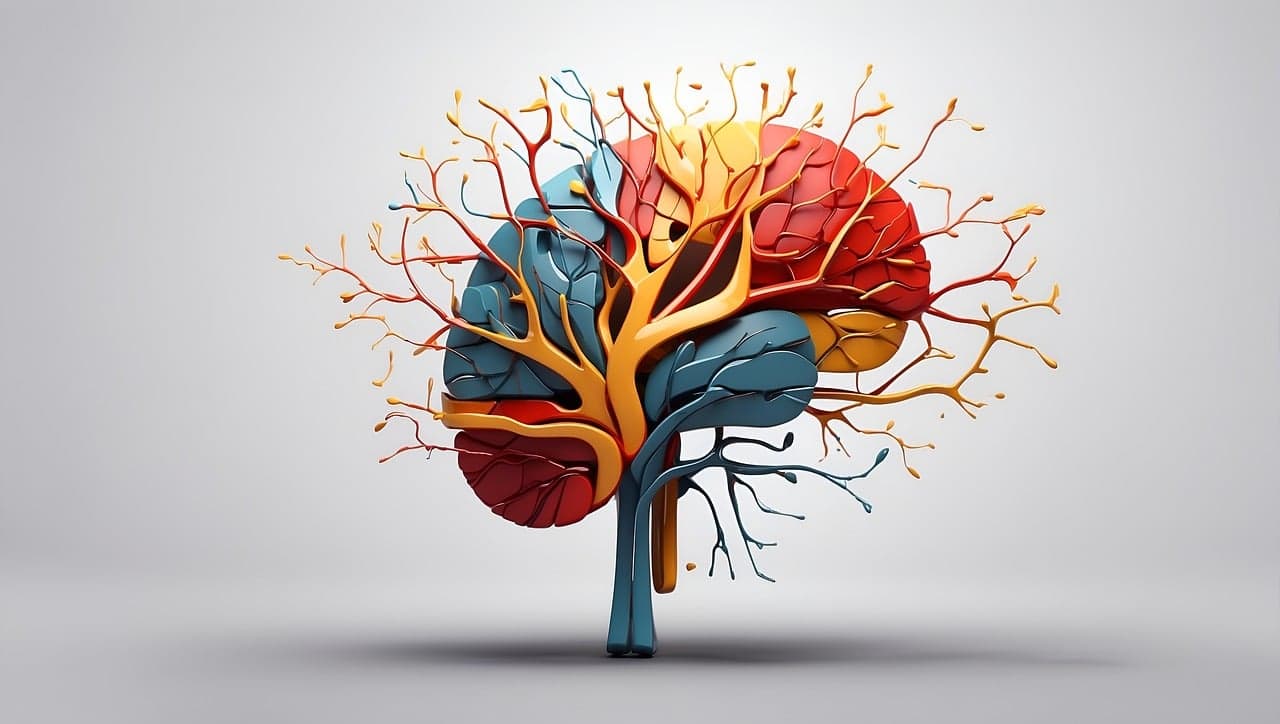Here’s a quiz question that featured in an article on serotonin toxicity (also known as serotonin syndrome) in New Zealand Doctor, July 2024:
Serotonin toxicity is likely when a selective serotonin reuptake inhibitor is co-prescribed with a triptan. True/False
Do you know the answer?
Selective serotonin reuptake inhibitors (SSRIs) are a class of antidepressant that includes fluoxetine (Prozac), paroxetine (Paxil), sertraline (Zoloft), citalopram (Celexa) and escitalopram (Lexapro). These are very commonly prescribed as first line treatment for depression and anxiety. And triptans are first line treatments for migraine attacks. Since depression, anxiety and migraine are all common conditions, there will be a lot of people who are or could be on both of these treatments.
It’s also quite common to hear that someone with migraine has been told they can’t take a triptan because they’re taking an antidepressant. They’re told they’re at risk of serotonin toxicity, which is scary for health professionals and patients because it has the potential to be fatal.
Serotonin toxicity occurs when there’s an excess amount of serotonin in the body caused by taking drugs that increase serotonin levels. It usually occurs when two (or more) drugs that can increase serotonin are taken together rather than from taking a single medication.
There are lots of ways drugs can increase serotonin levels, for example:
- increasing the release of serotonin
- inhibiting serotonin from being taken back into nerve cells
- stopping serotonin being broken down (by an enzyme called monoamine oxidase).
Serotonin is a neurotransmitter involved in regulating mood, memory and behaviour. Symptoms of serotonin toxicity relate to the level of serotonin – higher levels lead to more symptoms. At the lower end, symptoms can be non-specific and easy to mistake for other things, such as nausea, diarrhoea, insomnia, anxiety and restlessness. At higher levels, people may become agitated, sweaty, flushed, feverish, have a tremor or muscle spasms.
Doctors test for serotonin toxicity by checking muscle reflexes (exaggerated) and muscle tone (increased tension), listening to bowel sounds (hyperactive), checking the pupils (dilated), breathing and heart rate (increased).
Drugs that may cause serotonin toxicity can be categorised into three groups, with the most potent drugs for each class listed first (and those that may be prescribed for migraine in bold):
- Monoamine oxidase inhibitors (MAOIs) e.g. tranylcypromine, phenelzine; moclobemide, methylene blue; selegiline, isoniazid
- Serotonin reuptake inhibitors (SRIs) – all SSRI antidepressants (e.g. paroxetine, fluoxetine, escitalopram, sertraline), all SNRI antidepressants (e.g. venlafaxine, duloxetine), some tricyclic antidepressants (clomipramine, imipramine); opioids (e.g., tramadol, pethidine, methadone, fentanyl, codeine, oxycodone, morphine, buprenorphine)
- Serotonin releasers – MDMA, fenfluramine, amphetamines, cocaine
Combining a MAOI inhibitor with another class of serotonin-increasing drug results in the highest risk of severe serotonin toxicity and should be avoided. Combining an SRI with a serotonin releaser actually reduces the risk.
For other combinations, it’s a matter of weighing up the risks versus the benefits of an additional medication. For people with migraine, it’s using a triptan with an SSRI or SRNI antidepressant which raises the most questions. Triptans bind to serotonin receptors, so it’s understandable why this might be a concern.
The warning about an interaction between triptans and SRIs originated from the US Food and Drug Administration in 2006, based on a case series which has since been roundly critiqued as invalid. Subsequent research has not only found that serotonin toxicity is extremely unlikely, but there’s no pharmacological basis for such an interaction. Triptans act on different serotonin receptors than the one that is implicated in serotonin syndrome. There are at least seven families of serotonin receptors. Triptans interact with subtypes of the first family; the severe and life-threatening form of serotonin toxicity is primarily mediated through a subtype of the second family.
So, the answer to the quiz question above (Serotonin toxicity is likely when a selective serotonin reuptake inhibitor is co-prescribed with a triptan) is False. There’s no need to automatically rule out treatment with a triptan if you’re already taking an SSRI antidepressant (or SNRI or tricyclic antidepressant).
If your doctor (or pharmacist) says you can’t take a triptan because you are on an SRI, this is probably because of an alert that has come up on their computer system, warning them of a potential interaction. These alerts are not always based on the latest evidence. Ask your doctor to check out the excellent article on serotonin toxicity published in NZ Doctor, which they should have full text access to, even if you don’t.
If you’re taking one or more medications that might increase serotonin levels, it’s good to know the signs of serotonin toxicity. You’d usually notice a change in the first few days of taking the new medication. Go see your doctor if you experience nausea, diarrhoea, muscle tremors or twitches, feeling anxious or agitated, increased sweating or unexpected insomnia. You can manage the risk if you’re well informed.
References
- McQuoid, P. How to treat: Serotonin toxicity. NZ Doctor. 2024 17 Jul, p 31-3.
- Foong AL, Grindrod KA, Patel T, Kellar J. Demystifying serotonin syndrome (or serotonin toxicity). Can Fam Physician. 2018 Oct;64(10):720-727.
- Gillman PK. Triptans, serotonin agonists, and serotonin syndrome (serotonin toxicity): a review. Headache. 2010 Feb;50(2):264-72.


